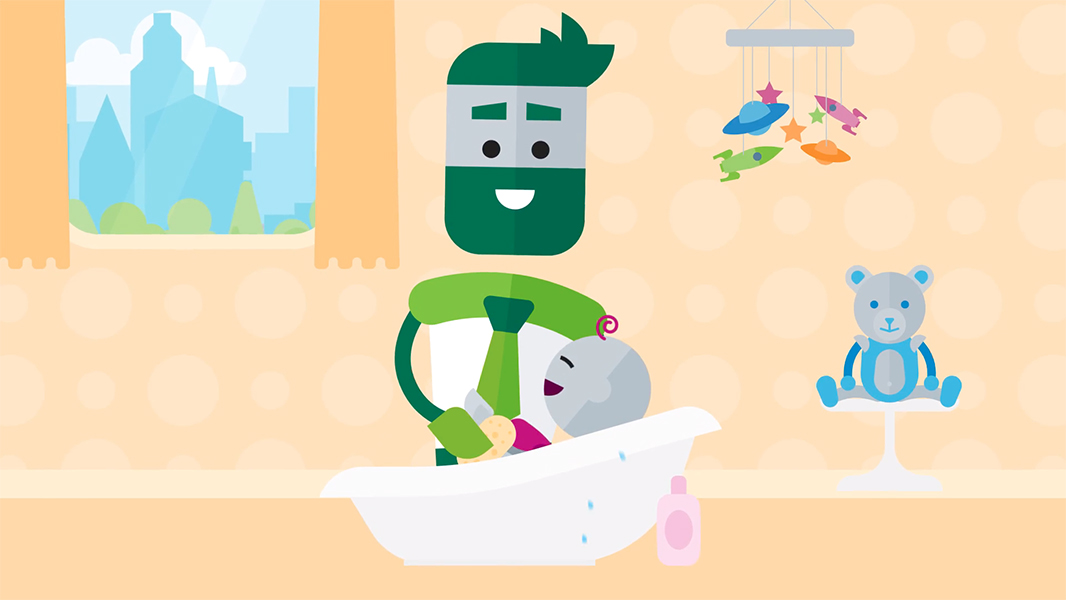
If your child has a cough but is eating and drinking as normal, breathing as normal and not wheezing, it is normally nothing to worry about. The cough should clear up on its own.
See your doctor if:
Read more about coughs, colds and ear infections.
Colds should clear up on their own within around five to seven days, but sometimes they can take longer.
To help your child when they have a cold you can:
Read more about coughs, colds and ear infections.
A sore throat is a common symptom of a cold and usually can become sore or dry a few days before the cold develops. You can give your child paracetamol or ibuprofen to help with the sore throat. Go see your doctor if it lasts for more than three to four days.
Diarrhoea and vomiting is usually caused by a stomach bug, children can have one of both symptoms and it usually passes in a few days. To help your child when they have diarrhoea and/or vomiting:
Diarrhoea and vomiting can spread easily, it’s important to keep them off nursery or school for 48 hours after symptoms have stopped. Read more advice about diarrhoea and vomiting.
The most common cause of an ear ache is an ear infection. Signs of an ear infection can be:
To help you can:
Go see the doctor if there is any swelling or discharge from the ear, or if it hasn’t cleared in three days.
Read more about coughs, colds and ear infections.
A child’s normal temperature is between 35 and 37 degrees.
If a child’s temperature is over 38 degrees, they have a fever. They may also:
You can use a digital thermometer to check a child’s temperature. To check a temperature using a digital thermometer:
A temperature should come down on its own after 3 – 4 days. Whilst your child has a temperature:
If your child is eight weeks or under and has a temperature over 38 degrees it is important to take them to see the doctor.
Or if your child is between three and six months and has a temperature of over 39 it is again important to take them to see the doctor.
If your child has a rash, loss of appetite, or their temperature doesn’t come down after taking paracetamol or ibuprofen, take them to see the doctor.
Please see our COVID-19 information page for up-to-date guidance on where and how to seek help if your child has COVID-19.






